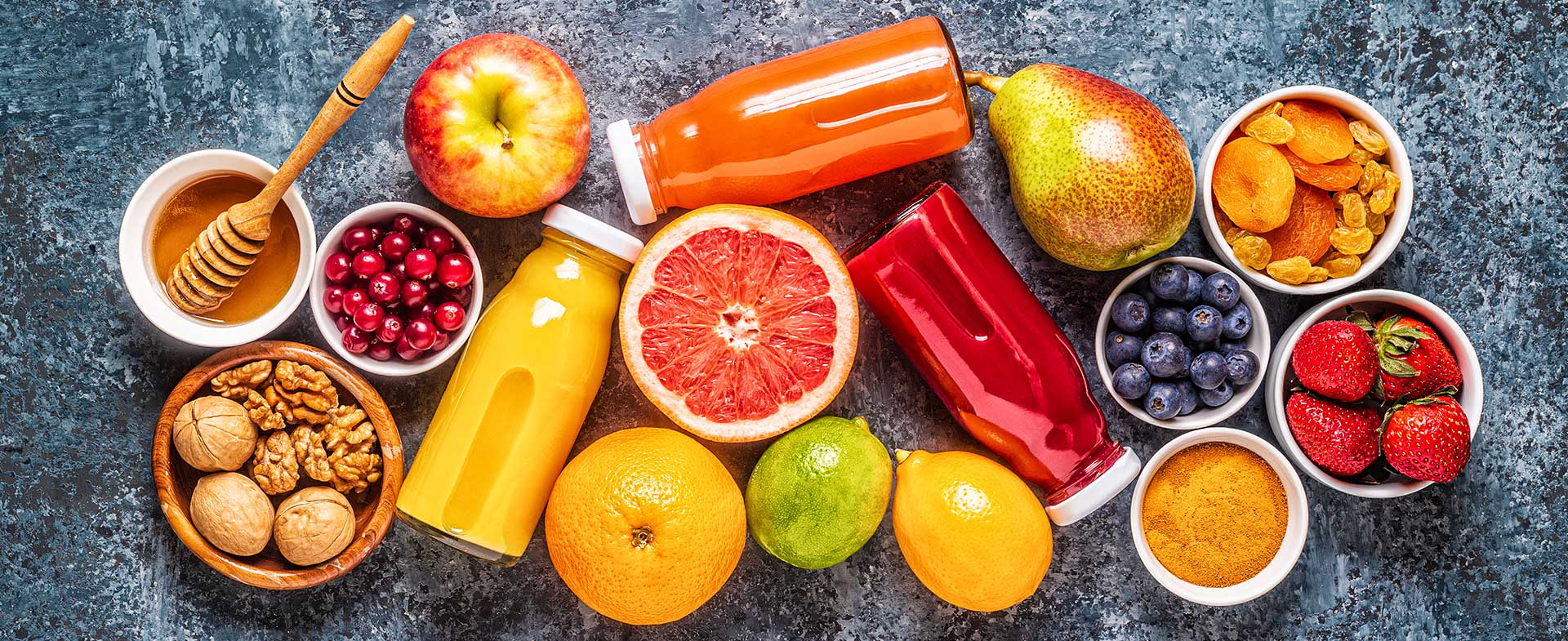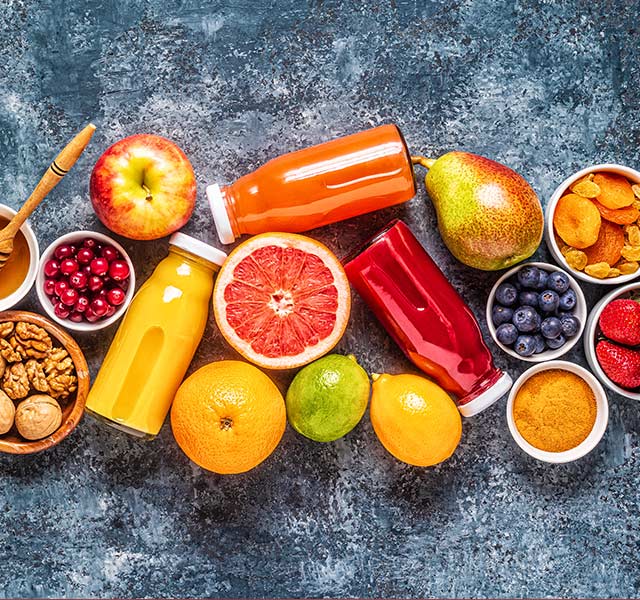With so many wellness trends out there these days, it’s easy to get sucked into a particular craze without really knowing whether it’s healthy for you. But one trend that has the science to back it up is the interest in incorporating more antioxidants into your diet.
Before you load up on them, however, you might want to know why antioxidants are so beneficial for our bodies. Let’s break it down.
What are antioxidants?
Antioxidants are naturally occurring molecules that protect our cells against free-radical damage. (Free radicals are unstable atoms found in environmental air pollution, cigarettes, fried foods and alcohol, to name a few examples.) When we absorb too many free radicals, our bodies go through increased oxidative stress and leave us at a greater risk for accelerated aging and illnesses like cancer, autoimmune disorders, cataracts, inflammatory joint disease, cardiovascular disease and diabetes. Antioxidants counteract this oxidative stress, effectively “eating” potentially harmful free radicals like a nutritional Pac Man.
Where can you find antioxidants?
Colorful fruits and vegetables are rich in antioxidants. Generally, the darker the color, the more antioxidants it contains. Rich, leafy greens like spinach and kale are great sources of antioxidants, along with red, purple and yellow fruits and vegetables like strawberries, cherries, Brussels sprouts, corn, peppers, onion, eggplant, plums, broccoli, sweet potatoes, tomatoes, blueberries, pomegranate—and the list goes on.
Is fresh produce the best source of antioxidants?
Not necessarily. Frozen or canned fruits and vegetables are often put in the freezer or canned immediately after being picked, which preserves the vitamins, minerals and nutrients. Plus, they’re usually less expensive than fresh produce and boast a longer shelf life. While cutting into fruits and vegetables can decrease the amount of nutrients over a period of time, eating a variety of fruits and vegetables in whichever ways you can will be beneficial for your health.
What about red wine—is that a good source of antioxidants?
Red wine contains resveratrol, a powerful antioxidant that’s found in grape skins. Fruits and vegetables are the best way to get antioxidants, but if you do drink alcohol in moderation, having one five-ounce glass of red wine could boost antioxidant activity.
Can I get antioxidants from supplements?
It’s best to get these vital nutrients from food instead of nutritional supplements—doing so promotes a healthy lifestyle. Make morning smoothies or mix different fruits and veggies into salads, trying new combinations as you go. Just think of all the recipe ideas you’ll discover!
I’ve heard a lot of anti-aging skincare products contain antioxidants. Will those help?
Vitamin C is a potent antioxidant that’s often recommended by dermatologists for topical application. It may increase collagen production, promote cell turnover, and may result in a firmer, brighter, more even skin tone. Vitamin C may help protect the skin from free-radical damage. But that doesn’t mean you shouldn’t also ingest antioxidants—they’re needed both internally and externally for a healthy body inside and out.
To discover creative ways to meet your nutrient needs or find a registered dietitian at Henry Ford, visit henryford.com or call 1-800-HENRYFORD (436-7936).
Patricia Jurek, RD, MBA, is the manager for Henry Ford Macomb Hospital’s Center for Weight Management. Learn more about Patricia.



